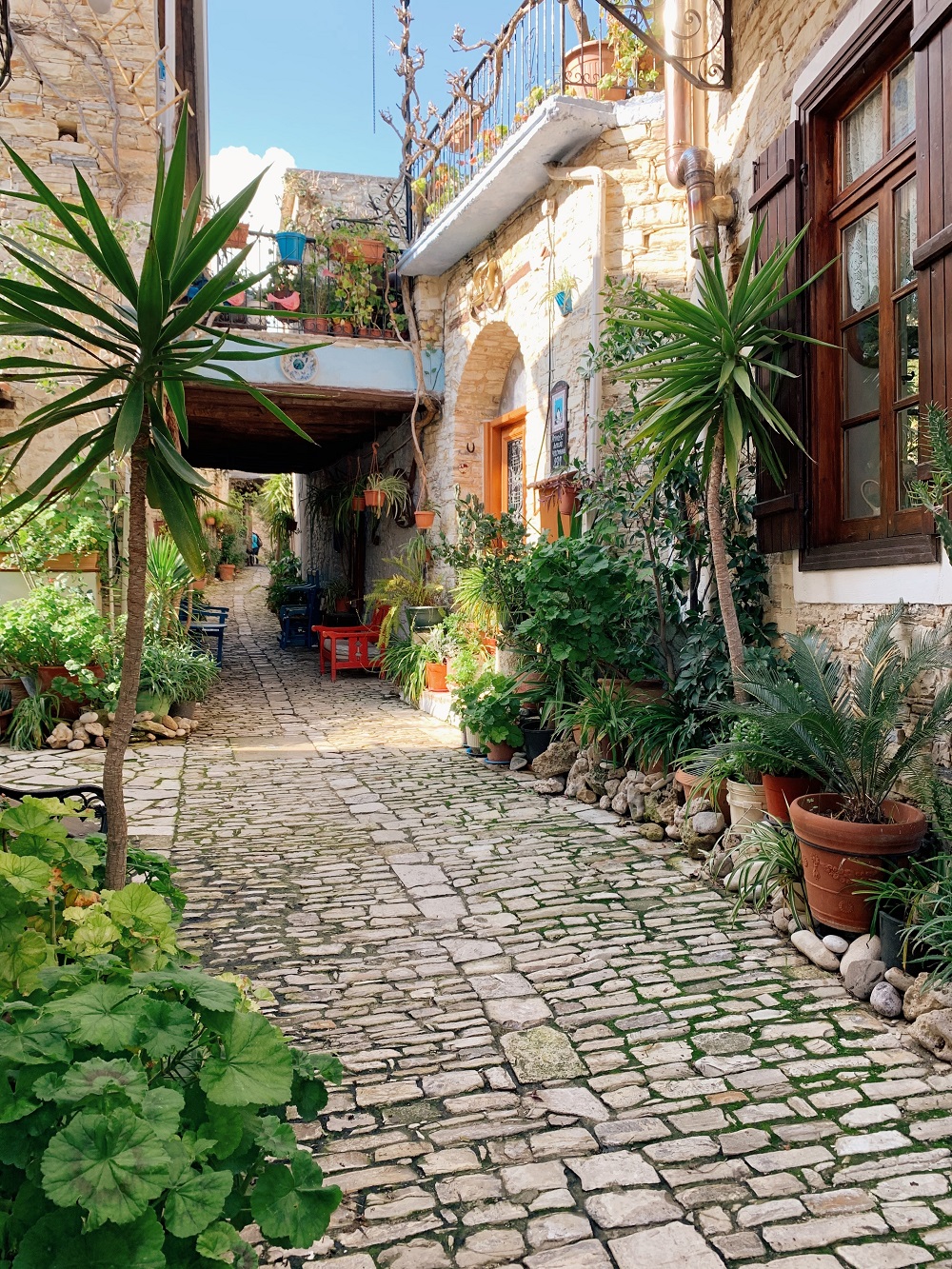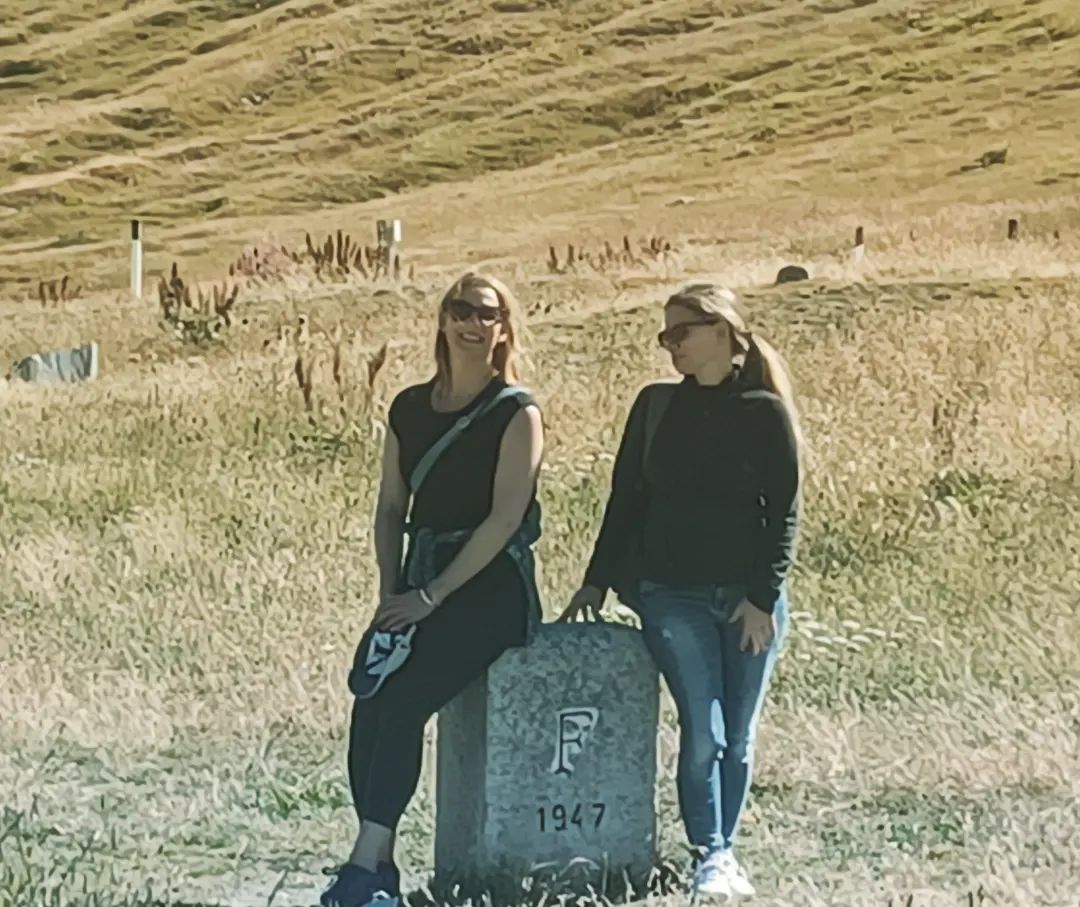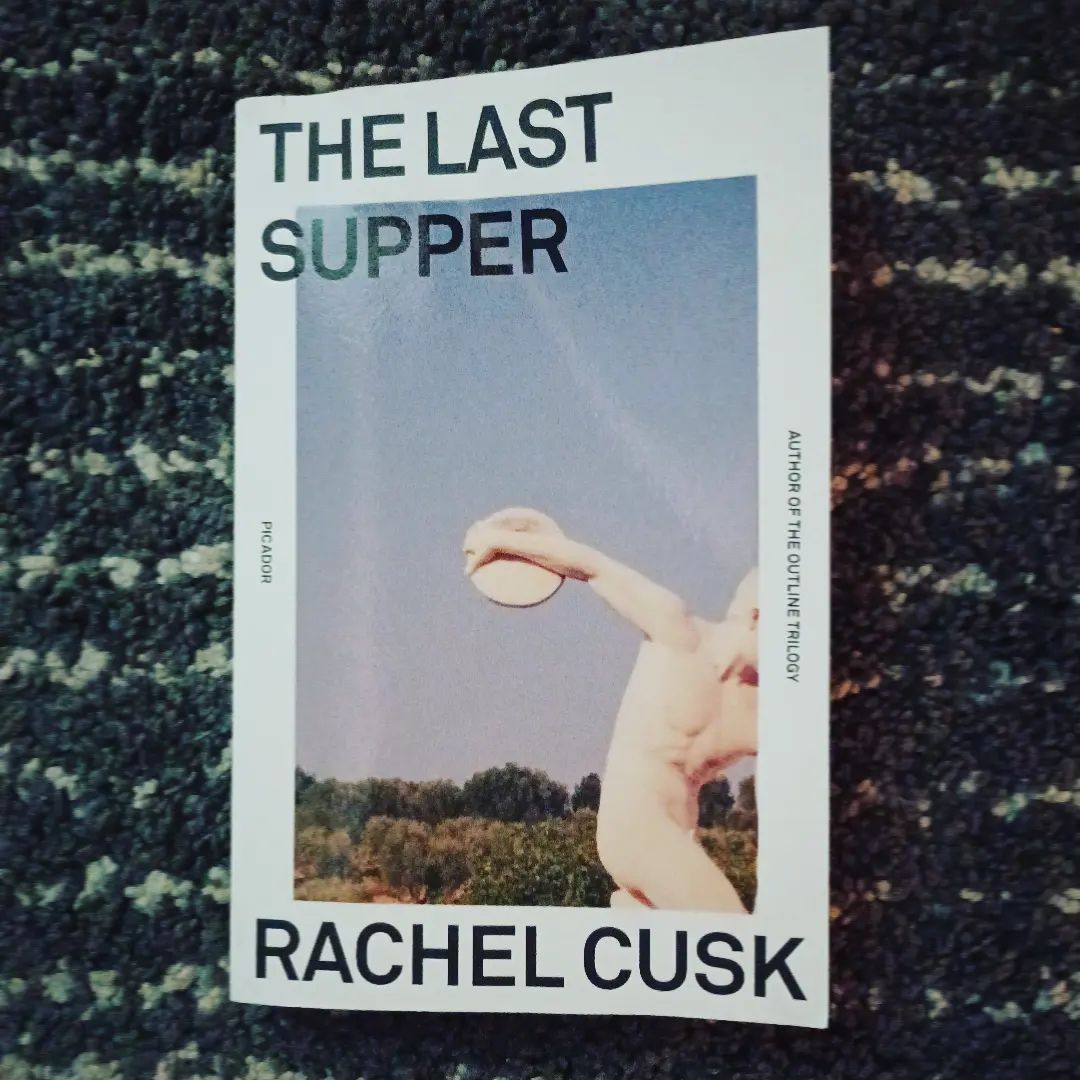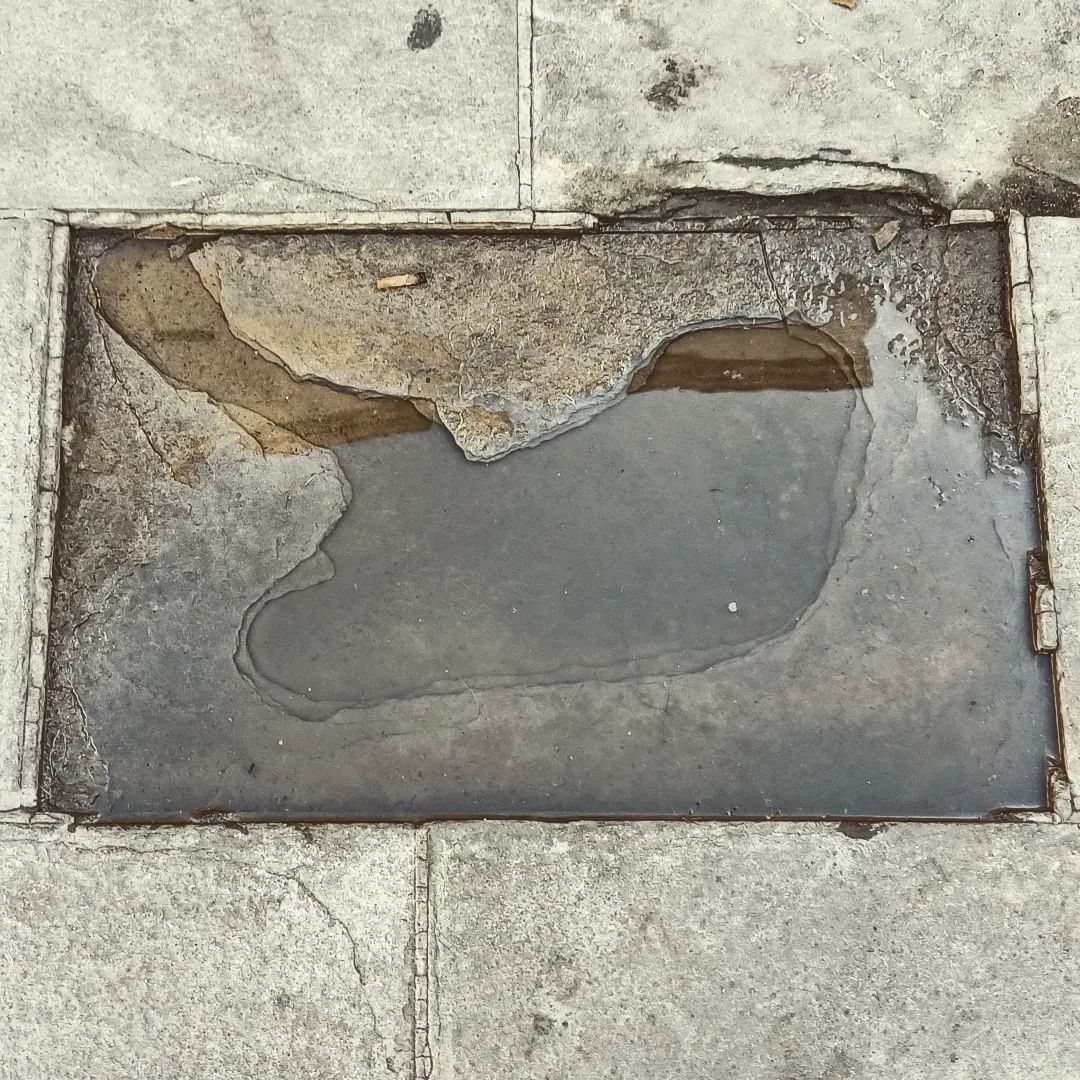
Photo by Emile Mbunzama on Unsplash
I lost track some time ago of the countries I’ve traveled in. Countries I have lived in, 5. I peg languages learned just under 20. I am an inveterate lay anthropologist and armchair psychologist. I love going deep cover, trying on a new life, a new language, a new town or people. I don’t like to stand out. No limelight or attention for me. I specialize in observation and integration of information about people and cultures. I seek to understand. I want insight. Surprise me with evidence. This one characteristic alone is probably my most American trait. I am nosy as hell, and I love to be surprised and proven wrong. I also like to establish information via experiential knowledge. I think about culture a lot. I always have.
I’ll tell you now, one thing that America excels at, is being antsy. Impatient. Fraught. Intense. We think as a people that we can do anything, change anything. There’s fair little recognition of the current and tides of life that bear all people from their mother through a thousand-act play then to that dark night. Americans scarcely know the upturned hands of the mensch, the no hay remedio (what are you gonna do?) of Latin America. Original bands of Americans fled the calcified class system of England, and from the overcast pessimism of their forefathers vowed to revolt in a flurry of can-do activity.
Those are our roots – the original idea, I suppose, that girded those initial forays from western Europe to what they ignorantly called the New World. New to them. Not new at all to the thousands of locals. The arrival of Anglos to American shores upended the order of things and sowed grief on both sides. On the side of the indigenous people, the grief of invasion and loss – of life, of culture, of trust. Folkways vanished and families sundered. Tribal remnants placed on reservations. We did that. Grief begets grief.
Additional groups of people elected to move to America – in almost every case, pushed by factors in their homeland to seek a new, safer home. As is happening now, as has ever happened. Disease, famine, civil unrest, political disenfranchisement. In every decade, a group has turned to America and seen hope – maybe not a perfect life compared to where they came from, but a safer one. They left so much behind to come to a land where their presence also caused great grief to tribes. The grief of the immigrant, they call it. Grief causing grief. That cell memory, the epigenetic reminder of past trauma or pain, never processed, never aired, haunts every American. And if any American thinks they’ve escaped that burden of silent grief, the joke’s on them. If you’re American, you haven’t escaped it.
Here is where my armchair psychology comes into play. Can we consider American culture to be specifically marked by an unprocessed grief? Might our collective compulsions and anxieties originate at a dimly remembered empty table, fleeing from home under cover of night, the memory of persecution? When we look at consumer culture, the literal and figurative appetites always gnawing at America, can we look with care and empathy to those generational wounds and try to heal them, rather than repeatedly engaging in the futile attempt to sate them? There won’t be enough petroleum, or ice cream, electricity or electronics, or guns, or military action to satisfy the American appetite. It’s rooted in a far deeper compulsion and hunger, fear and starvation. Those memories that murmur in base tones deep in the soul of every American are the ghosts recounting their stories, asking to be heard.
Those who cannot remember the past are condemned to repeat it. The most famous quote of Santayana, a Spanish immigrant to the U.S. who returned to Europe late in life, is getting new traction. Unfortunately, the human lifespan caps around eighty years, so it’s more an issue of learning than remembering. Those who do not learn the past are destined to stay on that painful treadmill of samsara, exhausted and endless. It’s not accident that America and Europe are repeating the tumultuous events of the 1930s and 1940s as we are losing the last wise old ones of that generation. The memory of the Second World War was our best safeguard to global peace in many ways, but now hardly anyone remembers those events personally, much less why people established the UN and NATO and UNESCO and the rest of it. Who needs peaceful bodies when you have social media? What could possibly go wrong?
So, friends. Ask. Learn. Try to meet these events with compassion. Just anger can be a part of that, but interrogate why we act the way we do, and how we all got to this place. Imagine reasons and premises that you have not seen before. This is all part of a much bigger picture.








